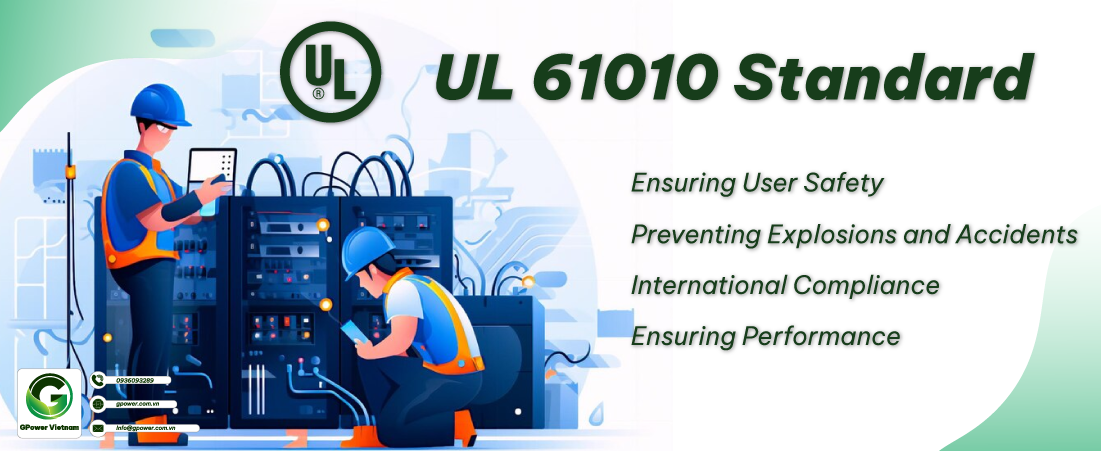UL 61010, also known as "UL 61010-1: Safety Requirements for Electrical Equipment for Measurement, Control, and Laboratory Use," is one of the crucial international standards widely adopted in the electrical equipment industry.
Developed and accredited by the Underwriters Laboratories (UL) in the United States, this standard sets forth requirements and guidelines for the safety of electrical equipment used in applications related to measurement, control, and laboratory use.
Why UL 61010 Standard Matters
-
- Ensuring User Safety: UL 61010 standard focuses on ensuring the safety of individuals using electrical equipment. This includes identifying and minimizing potential electrical, quality, and workplace environment-related hazards.
-
- Preventing Explosions and Accidents: This standard establishes stringent requirements to prevent explosions and other accidents that can occur when using electrical equipment in hazardous environments.

-
- International Compliance: UL 61010 is globally recognized and often required in the process of international exports and trade. This facilitates easy access to global markets for products complying with this standard.
-
- Ensuring Performance: The standard addresses performance and reliability requirements for electrical equipment. This ensures that devices operate reliably and accurately.
Key Aspects of the UL 61010 Standard
-
- Classification: This standard classifies equipment based on its intended use and potential hazards. This ensures that safety requirements are tailored to specific types of equipment.
-
- Testing and Certification: Compliance with the UL 61010 standard often requires electrical equipment to undergo rigorous testing and certification processes to ensure adherence to safety and performance requirements.
-
- User Manuals: Manufacturers are required to provide user manuals and maintenance instructions as per the UL 61010 standard's requirements.
The UL 61010 standard plays a vital role in ensuring the safety and performance of electrical equipment used extensively across various fields. For businesses and individuals operating in the electrical equipment industry, compliance with this standard is a crucial part of ensuring that products operate safely and effectively.





